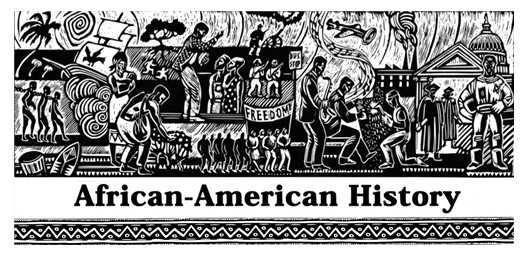All throughout my life, February has been situated as an important month because of the focus on African American history. I’m grateful for the influential educator and historian, Dr. Carter G. Woodson’s drive to position this time of the year as an opportunity to recognize the contributions of African Americans in the United States. Woodson, the second African American to earn his Ph.D. from Harvard (The first was W.E.B. Dubois) in 1912 was concerned about his students and continually giving them “resources to parse through their realities, resources for imagining the world anew.” (Givens, 100).
Although I appreciate a month-long period of reflection, I am ever mindful to not get locked into 28 days as I recognize that African American contributions exist throughout the entire year, 24 hours a day, 365 days. This time of national recognition is indeed important because without it many may choose to never acknowledge the struggle, achievements, and progress of the African-American community. Admittedly, history can be a tough subject to grapple with so I understand how one may lean towards a surface level understanding of experiences outside of one’s own. Far too often, we spend time comfortably acknowledging leaders whose messages have been scrubbed for the sake of creating a few digestible sound bites of their impact. As with Woodson’s work, we must dig deeper for our students. We must dig deeper as history is inextricably tied to identity and culture. In our effort to be more culturally aware and responsive educators, we have to acknowledge history, both the good and the bad, that informs people’s reality. In exploring history, it allows individuals greater context of a community’s background and worldview.
In a world where some politicians feel comfortable communicating messages that posit that courses like “AP African-American history have no educational value”, it is up to educators to challenge that notion and share a more robust and comprehensive narrative of our country. It is up to us to combat these attempts at erasure of a racial and cultural group.
If you work within the field of education, you have made a decision that children matter. All of them. With that said, so do their parents, grandparents, their community, and their ancestors. In this month of February where the data around African-American students still remains most disproportionate, let’s do our part to help recognize and celebrate the African American experience in the hopes that a light on the past inspires a better tomorrow. For “out of many we are one” so let us learn, grow, and share in an effort to uplift our fellow countrymen.
Givens, Jarvis (2021). Fugitive Pedagogy.


Recent Comments